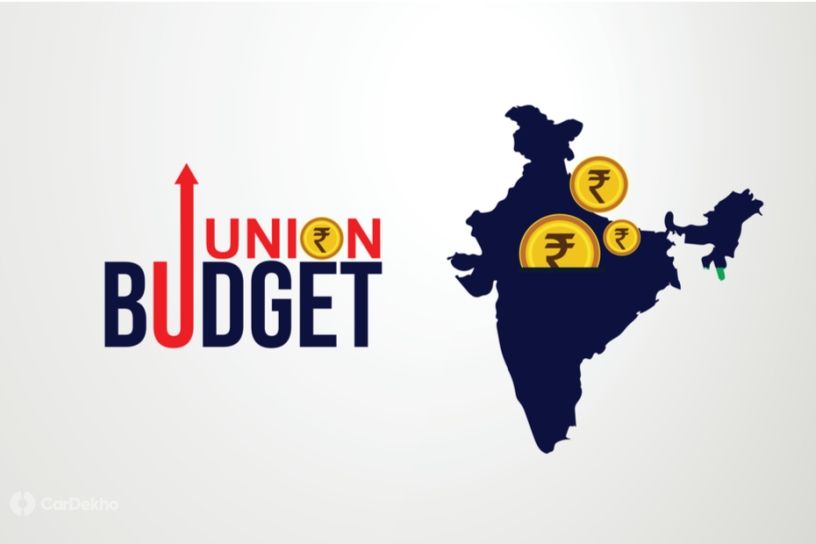Here’s How The Automobile Industry Is Affected By Budget 2021-22
Published On Feb 01, 2021 07:21 PM By Tarun
- Write a comment
The new budget promises financial benefits to both automakers as well as vehicle buyers

The Union Budget for 2021-22 was announced today to a mixed reaction. A lot of things were left out but a lot of important things were also included. It mostly brings positive news for automobile manufacturers, though we were expecting something on electric vehicles as well. However, the long-awaited scrappage policy was finally passed today.
While these new proposals are supposed to profit automakers as well as buyers, we explain how it affects all stakeholders. Here are the top highlights from the budget:
1. New Scrappage Policy

The government has finally given the much-awaited nod to the scrappage policy. As per the policy, private cars that are older than 20 years and declared unfit/polluting, will be scrapped. For commercial vehicles, the age is up to 15 years. Besides the environmental benefits, it will also benefit automakers as they would see an increase in sales.
Speaking about the new policy, the President of FADA, Vinkesh Gulati, explained, “If we take 1990 as the base year, there are approximately 37L CVs and 52L PVs eligible for voluntary scrappage. As an estimate, 10 percent of CVs and 5 percent of PVs may still be plying on the road. We still need to see the fine prints to access the kind of incentives which will be on offer and thus have a positive effect on retail.” You can read more about it here.
2. Increase in Custom Duty on Some Auto Parts up to 15%
This one’s a slightly tricky affair. It will directly lead to a price hike for manufacturers that import auto parts or use the CKD route. They will have to pay more custom duty for making and selling their cars in India which will result in us paying more money. The government says this step has been taken to promote the domestic production of cars, which will, in turn, reduce the prices.
Reacting to this new development, the Managing Director of Skoda Auto, Gurpratap Boparai, said, “The increase in customs duty on certain auto parts to 15 percent will further increase input costs and prices of cars that depend on specialised components which cannot be manufactured locally due to unviable volumes.”
3. 100% Tax Exemption for Foreign Investment in Infrastructure
With the aim of boosting foreign investment in infrastructure, the government has granted 100 percent tax exemption on their income, dividends, and capital gains. This will facilitate the injection of funds and the development of infrastructure in the country. This should help the auto industry in many ways, with more charging stations and better EV infrastructure.
4. Reduction of Custom Duty on Steel

As per the Union Budget for 2021-22, the customs duty has been reduced to 7.5 percent on semis, flat and long products of non-alloy, alloy, and stainless steels. This will reduce the manufacturing costs for automakers, which is further expected to result in lower prices.
5. Highway Infrastructure Work in Different States
The government has allotted Rs 3.3 lakh crore for the development of more economic corridors in Tamil Nadu, Kerala, West Bengal, and Assam. A total of 3,500 kilometres of the National Highway, including the Madurai-Kollam and Chittoor-Thatchur corridors, is under development in Tamil Nadu. Kerala will see 1,100-km of National Highways, including a 600km section of the Mumbai-Kanyakumari corridor. West Bengal will see the upgradation of the existing roads between Kolkata and Siliguri. Lastly, new highways are also under development in Assam.
4 out of 4 found this helpful















